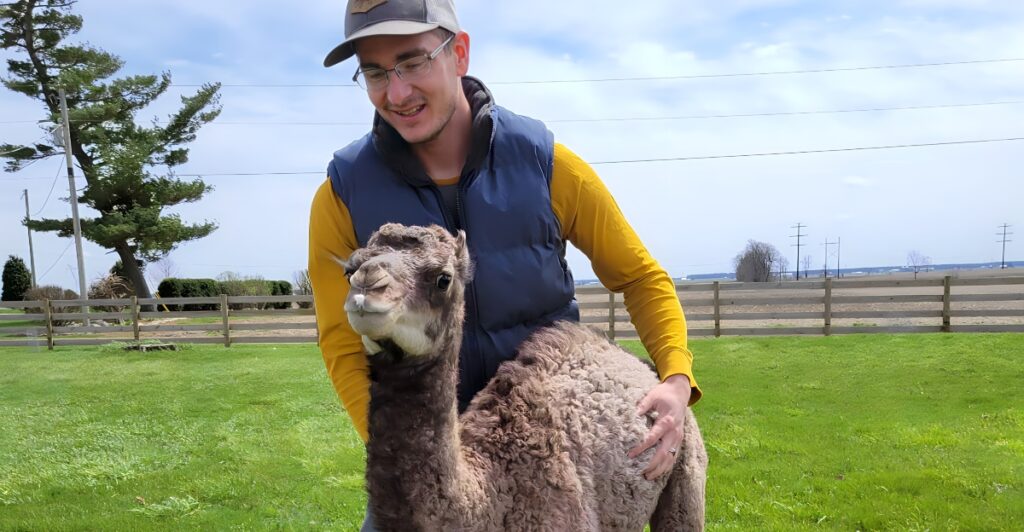
Owning a camel might seem like a far-fetched idea, but for enthusiasts, it’s a manageable goal in some parts of the United States. Each state has its own exotic animal laws, which can greatly influence the ease of acquiring and keeping a camel. Here’s a breakdown of the states where camel ownership is more straightforward, based on regulations and permit requirements.
Why Camels?
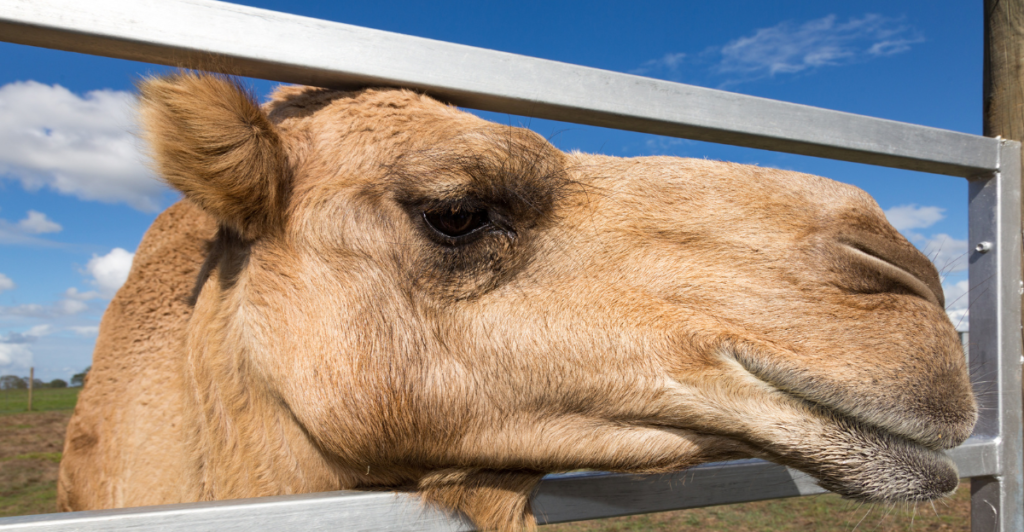
Camels are unique pets, often sought after for their novelty and ability to thrive in arid climates. They require specialized care, but their gentle demeanor makes them appealing to exotic animal lovers. Legal ownership largely depends on state regulations and local ordinances.
Camel-Friendly States
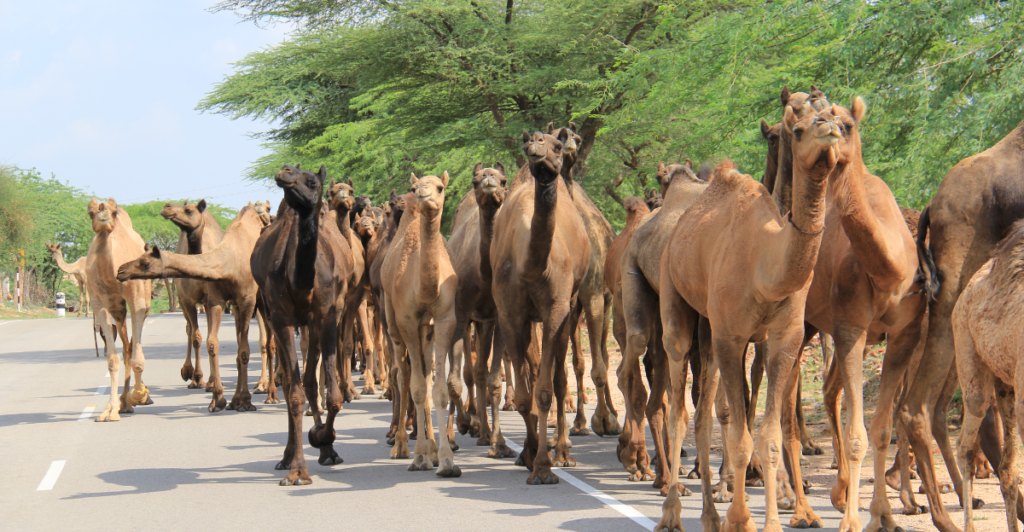
Some states have lenient exotic animal laws, making them ideal for camel ownership. In states like Texas and Florida, owning camels is relatively easy as they are categorized as livestock rather than exotic pets, which simplifies regulatory hurdles.
Permits and Licenses
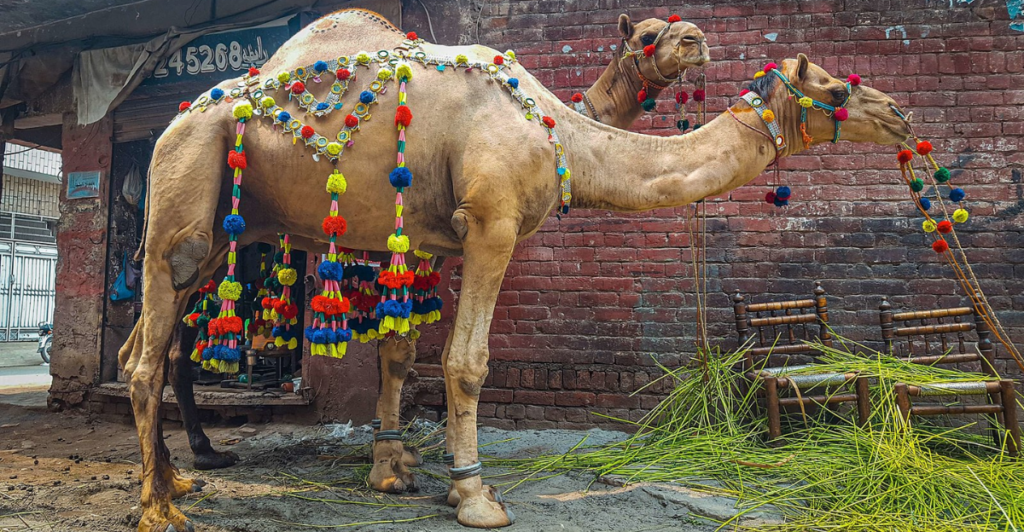
In most states, camels are classified under livestock rather than exotic animals. This classification eliminates the need for special exotic animal permits. For instance, in Indiana, there are no explicit bans on exotic animal ownership, making it one of the most camel-friendly states.
Rural Advantage
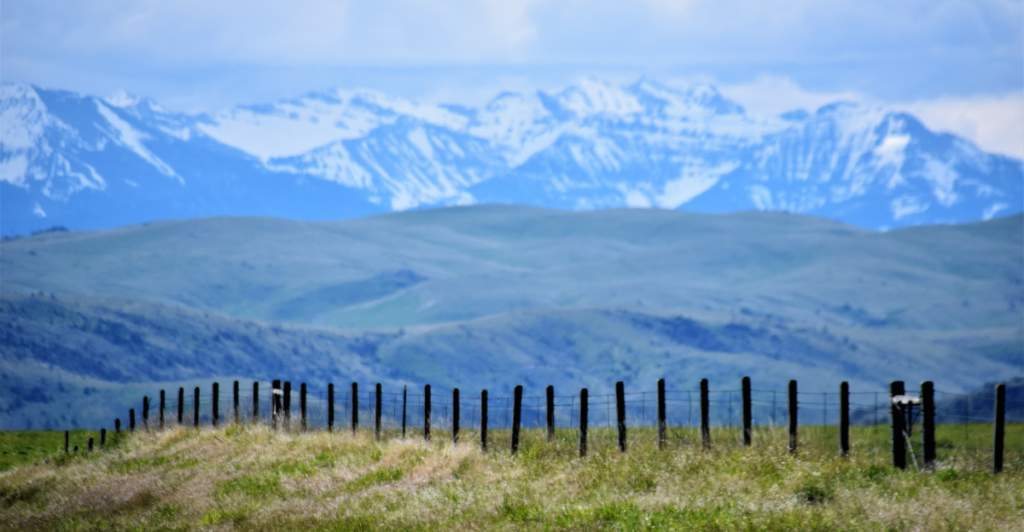
States with significant rural areas, like Wyoming and Montana, have minimal restrictions for owning large animals like camels. These regions also offer ample land for camel care, a crucial factor for their well-being.
The Challenges of Urban Areas

Urban states like California or New York impose stricter regulations. California explicitly bans camel ownership without a permit due to its exotic animal classification. Urban environments also make camel ownership less practical due to space constraints.
States with Stringent Laws

Some states, such as Hawaii and Georgia, have restrictive laws on exotic animals. While these restrictions primarily target dangerous or invasive species, they extend to camels in certain cases.
How to Obtain a Camel

To legally own a camel, start by contacting your state’s Department of Agriculture or Fish and Wildlife Department. Ensure compliance with vaccination and zoning requirements. For example, in Arizona, camels must meet health checks for desert-dwelling livestock.
Why Are Some States Stricter?

States with harsher climates or smaller rural areas often impose tighter exotic animal laws. This is to prevent public safety concerns and ensure that owners can adequately care for large animals like camels.
Economic Considerations
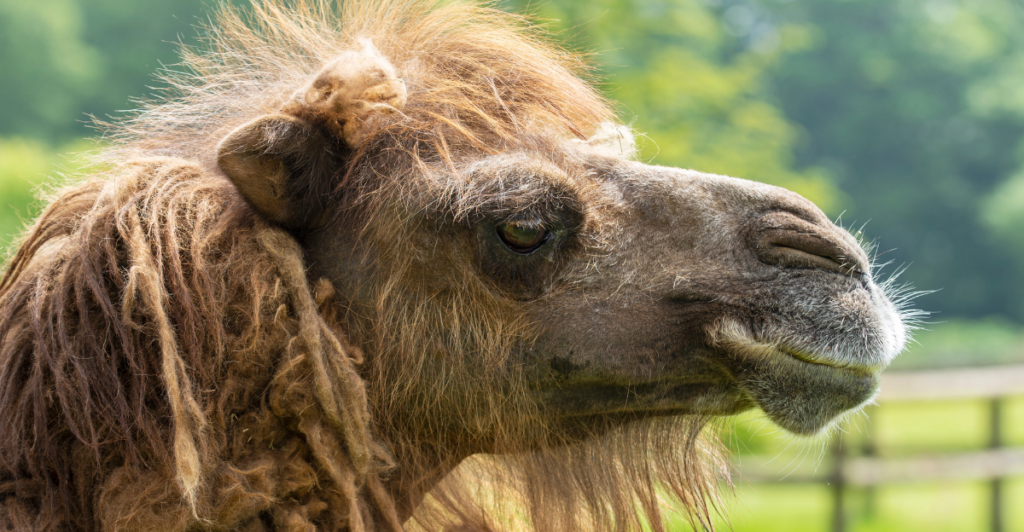
Camels can cost anywhere from $5,000 to $20,000, depending on their age and training. States like Texas, which has a robust livestock market, often see lower costs and more accessible sales.
Community and Camel Enthusiasts
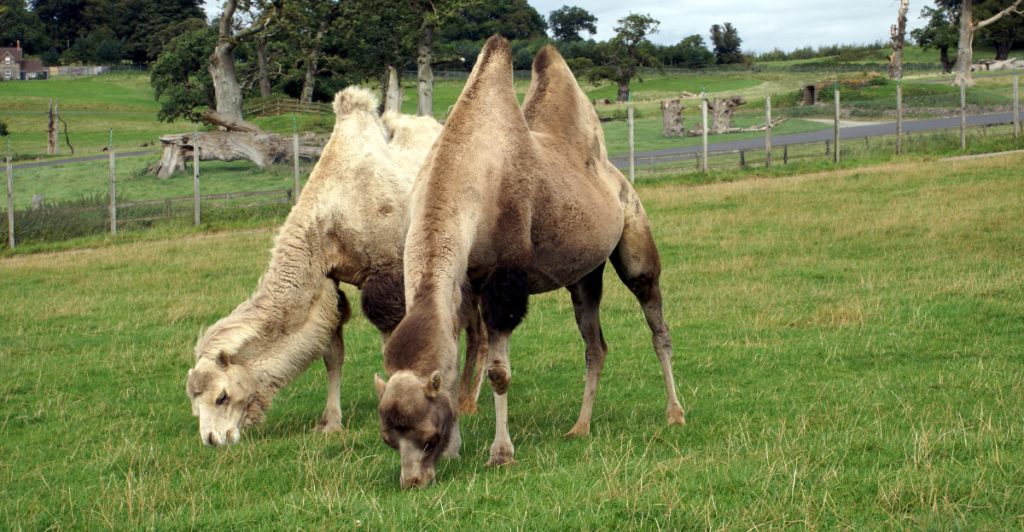
In camel-friendly states, communities of owners share resources and expertise. Associations like the North American Camel Association provide support for aspiring and current owners.
Environmental Impact
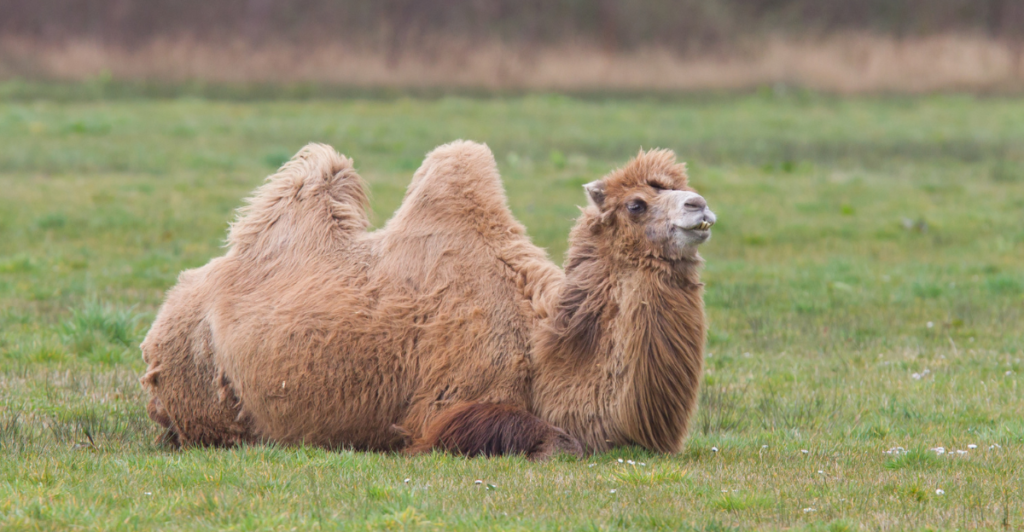
Camels are eco-friendly animals, well-suited for areas prone to drought. Their minimal grazing habits make them a sustainable choice for regions with delicate ecosystems.
Legal Trends
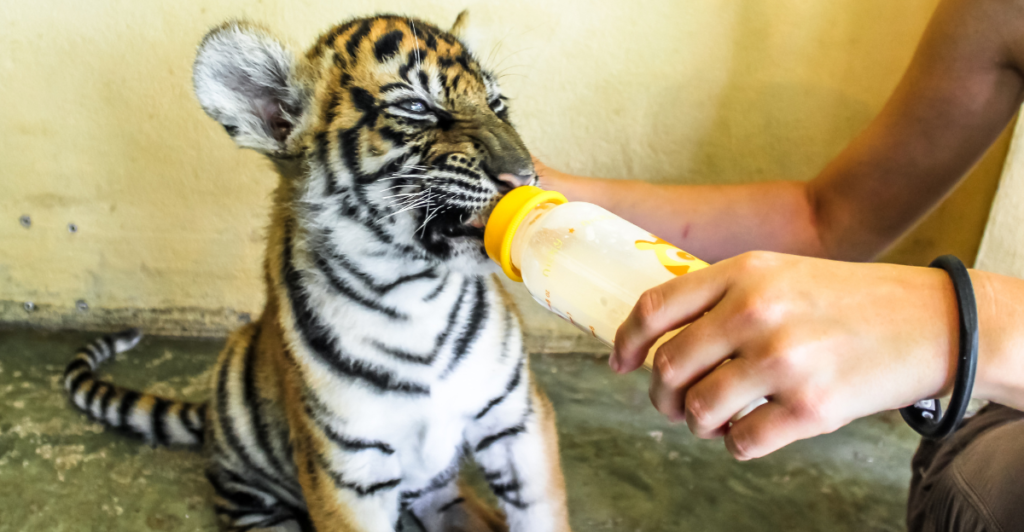
With increasing interest in exotic pets, states may revise their laws to either relax or tighten regulations. Advocates encourage responsible ownership and stricter enforcement of health and welfare standards to ensure animal safety.
The Appeal of Camels
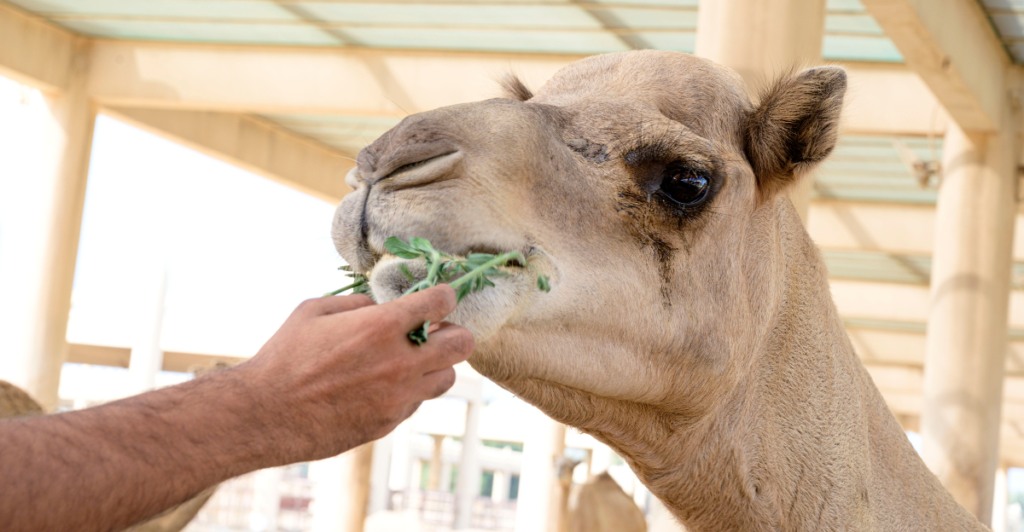
Owning a camel is an attainable dream for many, especially in states with lenient livestock laws. Prospective owners should research thoroughly, understand the responsibilities, and comply with state laws to ensure a safe and rewarding experience for both the camel and the owner.
Stay connected with us for more stories like this! Follow us to get the latest updates or hit the Follow button at the top of this article, and let us know what you think by leaving your feedback below. We’d love to hear from you!







